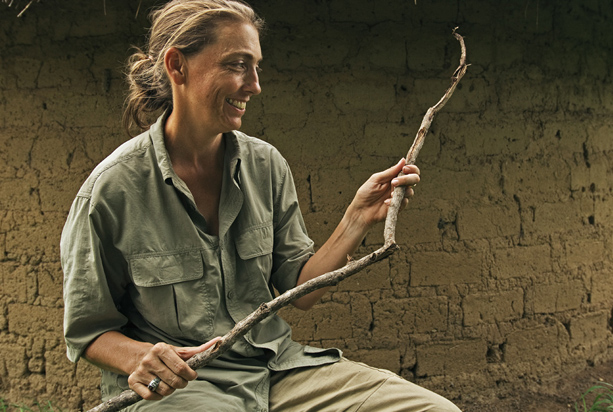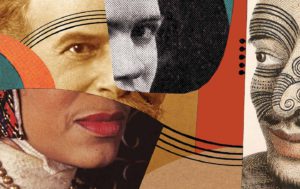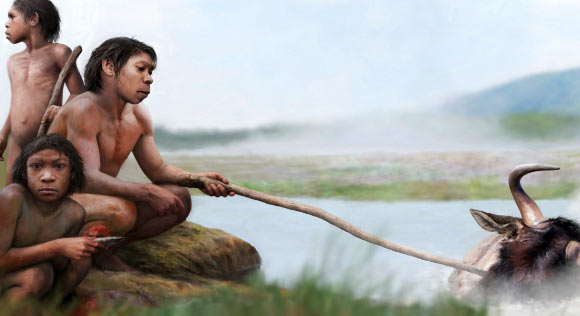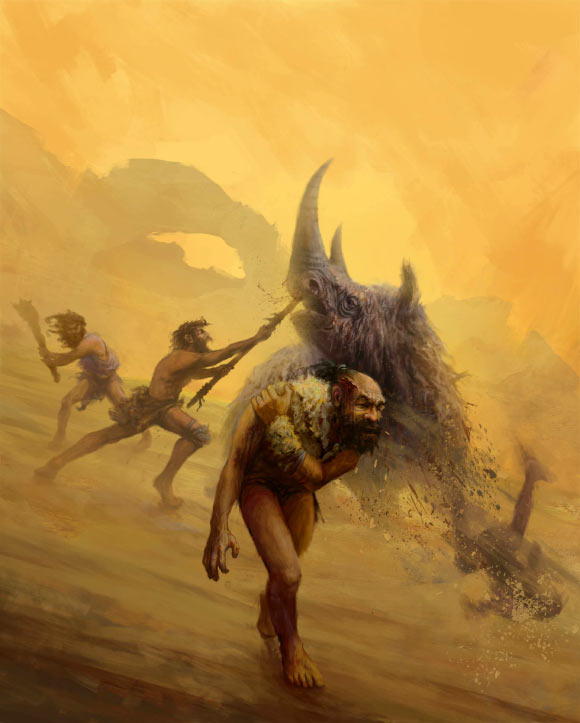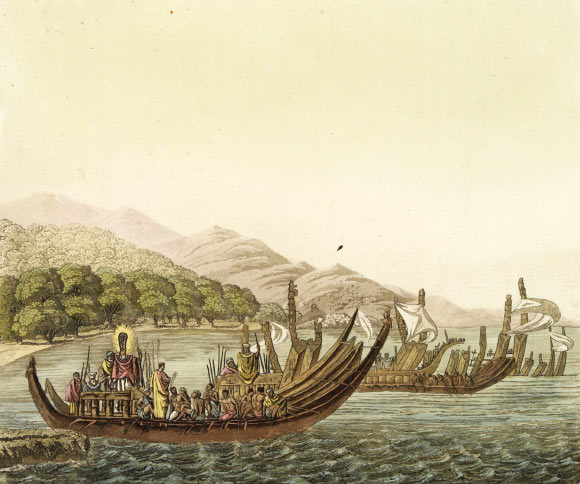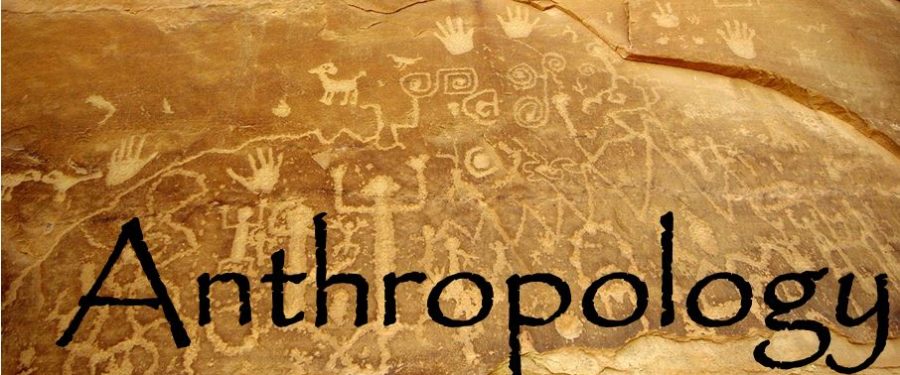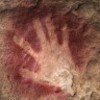It’s challenging but exciting!
In the field, anthropologists get to collect information (called data) to answer the questions they think are interesting. Different questions require different types of fieldwork. For example: You can camp in a jungle in Belize for two months studying primate groups. You can also work in the deserts of East Africa walking across dry valleys looking for fossils.
Whatever project you work on, it takes a whole team to get it done. Anthropologists, geologists, chemists and other experts all add their knowledge. Students can help too by collecting data. Local people often help organize and carry out travel, housing, and meals.
You bring all of your tools with you: a notebook to record what you see and do; a trowel, if you’re digging for fossils; binoculars if you’re watching primates in high tree tops, a camera to record primates in action. All of these things are important to fieldwork.
Working in the field allows you to travel, meet new people, work hard both mentally and physically, and dive into projects you care about.
